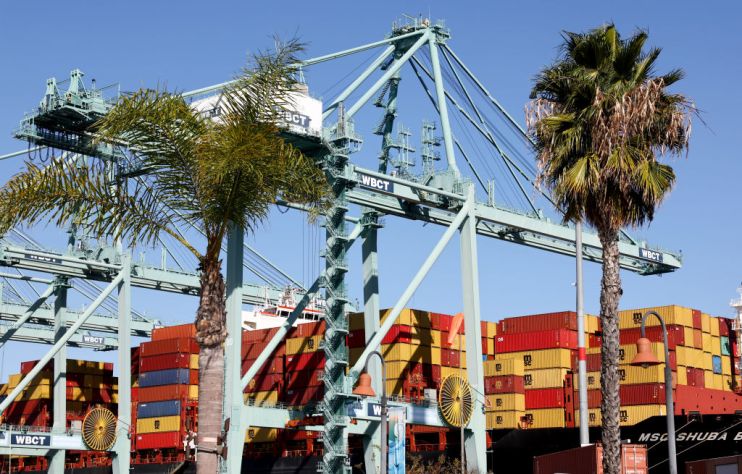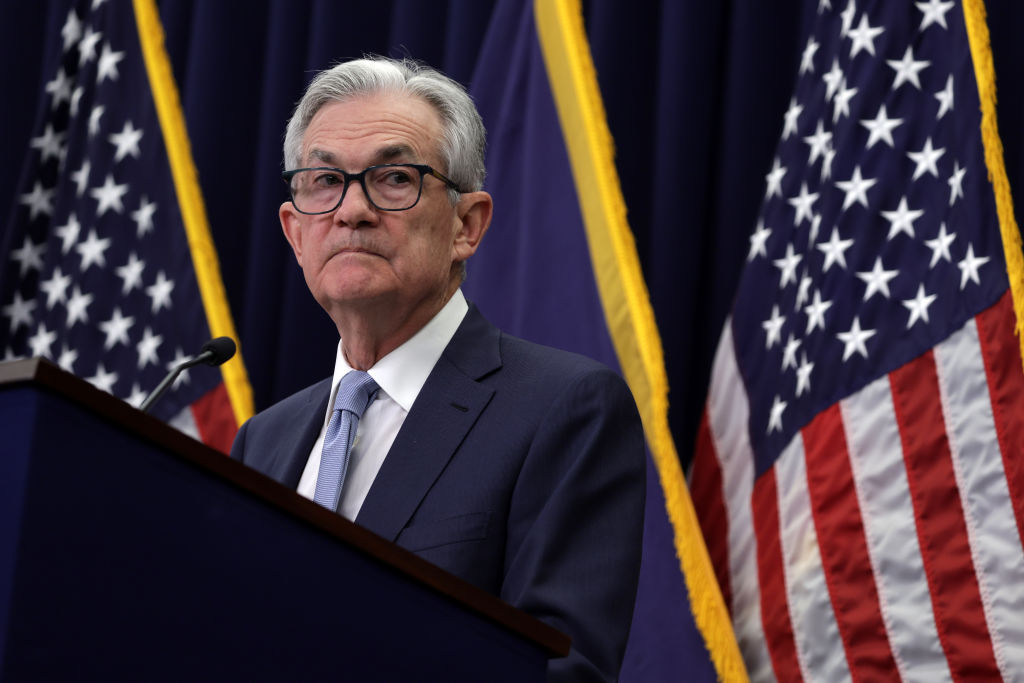Global economy ‘perilously close’ to recession after aggressive rate hikes to tame inflation

The global economy “is perilously close to falling into recession” after central banks across the world have collectively raised interest rates aggressively to tame roaring inflation, one of the globe’s top economic institutions has warned.
World GDP will expand just 1.7 per cent this year, a slump beaten only by the Covid-19 pandemic and financial crisis induced recessions in around the last three decades, the World Bank said today.
The fresh projections were downgraded 1.3 percentage points from the Washington-based organisation’s June 2022 projections.
The looming downturn will be driven by a “synchronous monetary policy tightening around the world to contain” inflation that has resurfaced after around four decades of lying dormant, the World Bank said.
Although this tightening has been necessary for price stability, it has contributed to a significant worsening of global financial conditions, which is exerting a substantial drag on activity
World Bank
Although a worldwide economic reversal is not the organisation’s base case, negative shocks such as “higher inflation, even tighter policy, financial stress, deeper weakness in major economies, or rising
geopolitical tensions,” would spark the slump.
If that scenario did happen, it would be the first time the world has experienced two recessions – counting the pandemic-induced decline – in the same decade for 80 years.
Rates have climbed at the fastest pace in the US since the 1980s, with Federal Reserve chief Jerome Powell and the rest of the federal open market committee backing four successive 75 basis point rises in 2022.
The Bank of England has lifted borrowing costs nine times in a row to 3.5 per cent, a financial crisis. A 75 point jump in November was the largest move since the 1980s.
Meanwhile, the European Central Bank launched its first rate increase in more than a decade last year and has signalled further big hikes will be a fixture this year.

“Although this tightening has been necessary for price stability, it has contributed to a significant worsening of global financial conditions, which is exerting a substantial drag on activity,” the World Bank said.
Leading the global downturn is the US economy, the world’s largest.
The World Bank slashed its growth projections for the country this year by 1.9 percentage points to 0.5 per cent, among the biggest downgrades in the projections.
Eurozone GDP was also cut by the same amount, meaning the area’s economy is expected to flatline in 2023. Goldman Sachs published projections today that forecast the area would actually avoid a recession due to energy prices tumbling rapidly in recent weeks.
Specific predictions for the UK were not provided. However, experts reckon the country’s recession could be the worst in the G7, shedding nearly two per cent off GDP and lasting at least a year.
China, the world’s second biggest economy, is finally set to emerge from three years of sluggish growth after it recently dismantled most of its strict zero-Covid policy. The World Bank suspects the country will experience a pick up in expansion to 4.3 per cent this year, although that is nearly one point lower than previously forecast.